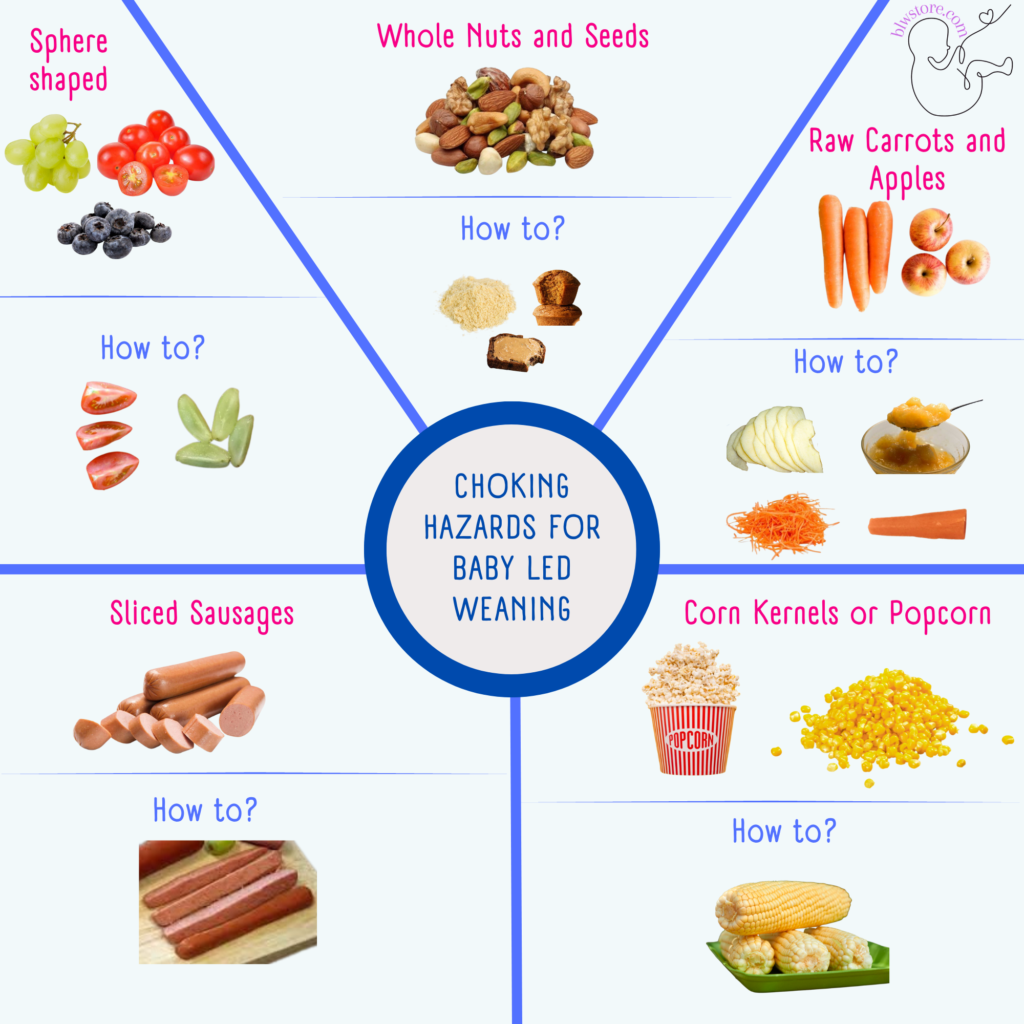
Baby-led weaning (BLW) is a popular method of introducing solid foods to infants that involves allowing the baby to self-feed and explore a variety of whole foods rather than spoon-feeding purees.
The goal of BLW is to encourage the development of healthy eating habits and a positive relationship with food from a young age.
There are several potential benefits to using the BLW approach:
- For one, it can help infants learn to self-regulate their food intake, which can lead to a healthier weight in the long term.
- BLW can promote the development of fine motor skills, such as hand-eye coordination and dexterity, as well as encourage the development of chewing and swallowing skills.
- BLW can also be a more enjoyable and social experience for both the parent and the child. Rather than spoon-feeding purees, parents can sit down with their baby and share a meal together, which can foster a stronger bond and create a positive family dynamic around food.
Despite the many potential benefits of BLW, it is important to keep in mind that it is not right for every baby and every family.
Some babies may be more resistant to the BLW approach, or may have medical conditions that require a more structured introduction to solid foods.
Let’s get after it!
Key takeaways
- Baby Led Weaning (BLW) is a popular method of introducing solid foods to infants, focusing on self-feeding and exploration of whole foods.
- When practicing BLW, avoid choking hazards like whole nuts, raw carrots and apples, sphere-shaped foods, corn kernels, popcorn, and hard candies.
- Introduce allergenic foods from 6 months of age, as recommended by WHO, but be cautious if there’s a family history of allergies.
- Avoid processed, high sugar, and highly seasoned or spicy foods to promote healthy eating habits and prevent potential health issues.
- Offer a variety of foods during BLW to ensure proper nutrition, expose babies to new flavors, develop oral motor skills, and reduce the risk of allergies.
- As a parent, guide your child’s food choices by offering a balanced diet, setting a good example, and encouraging exploration.
Foods to avoid during baby led weaning
While the BLW approach can be a great way to introduce a variety of whole foods to your baby, there are certain foods that should be avoided due to the risk of choking.
Choking hazards
1. Whole Nuts and Seeds

These are a choking hazard because they are small and hard.
How to offer them
To introduce nuts and seeds safely, you can grind them into a smooth paste or add them to purees, or do some baking.
2. Raw Carrots and Apples
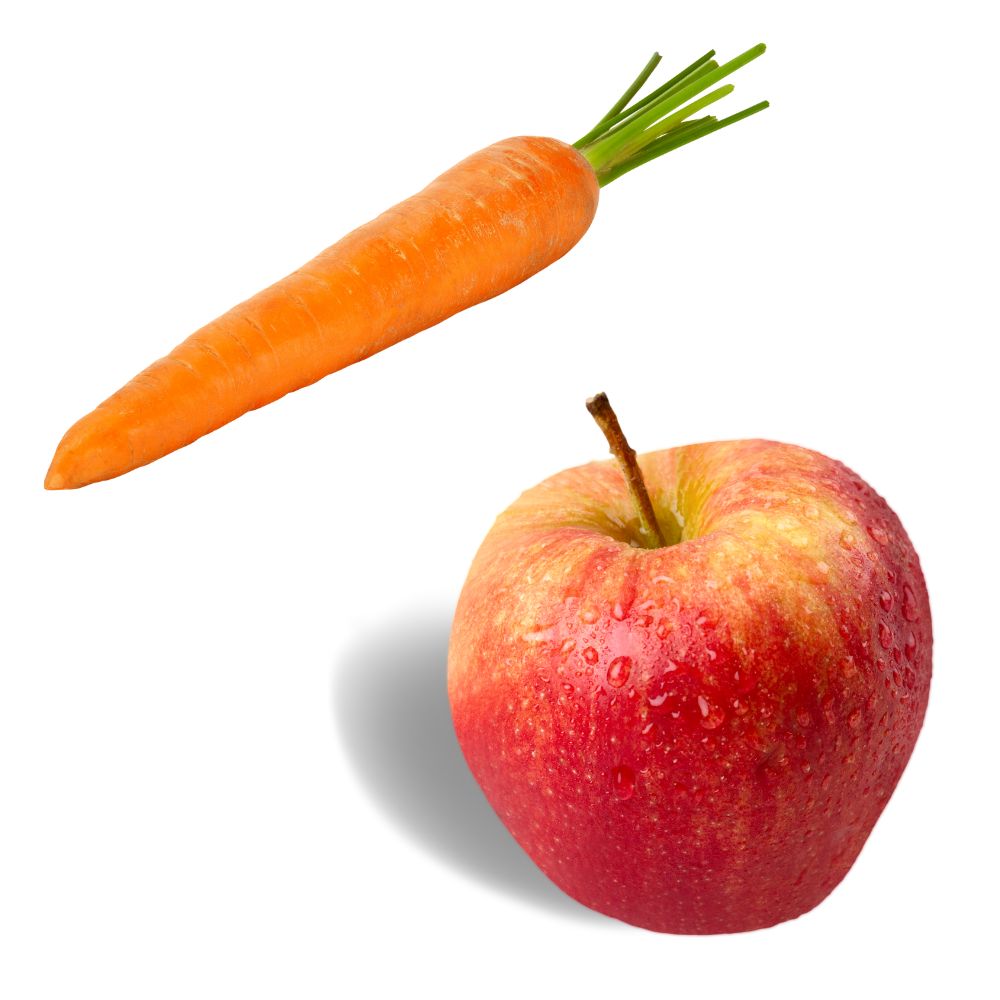
Not only they are difficult to chew, but they are hard and can get easily stuck in the throat.
How to offer them
To introduce them safely, you can cook them until they are soft and easy to mash, grind them or slice them in sticks.
You can check our guide on carrots if you are interested.
3. Sphere Shaped Foods
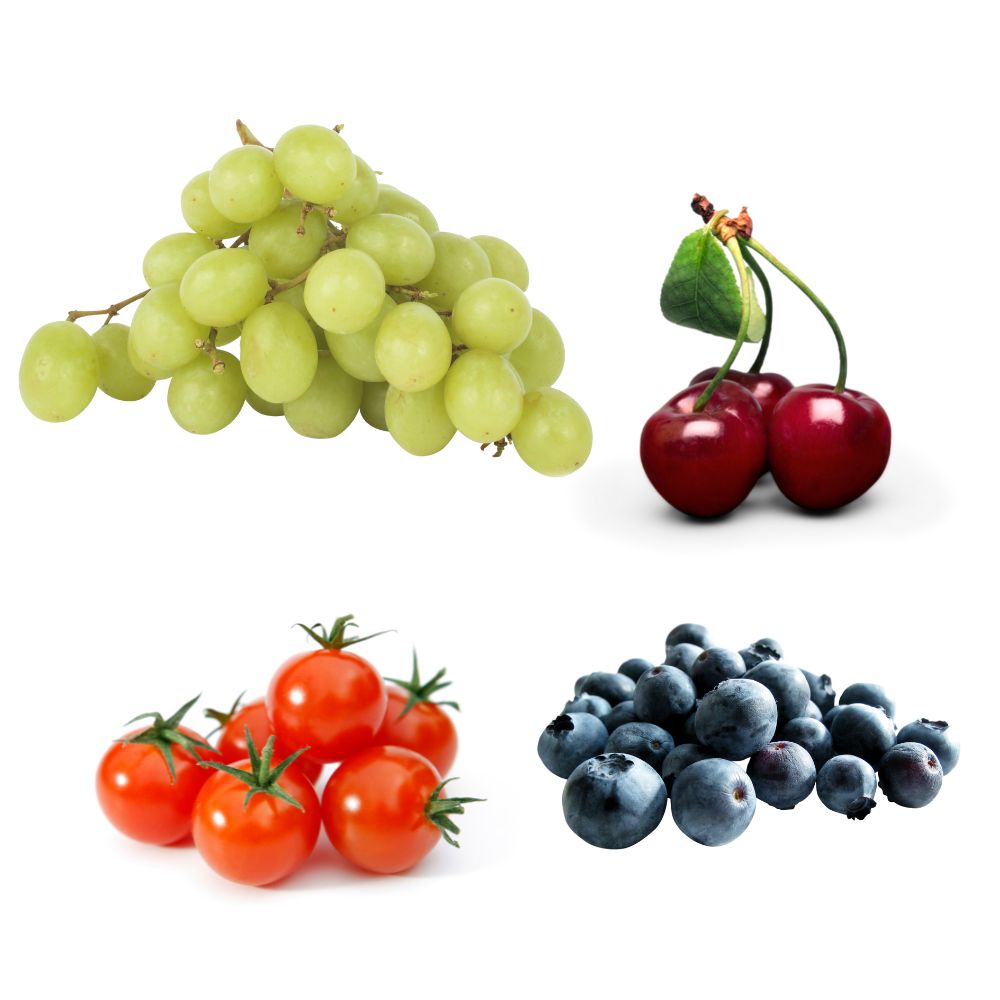
All foods that are small and round are a dangerous choking hazard. Always avoid them.
How to offer them
To introduce them, you can slice them in quarters or mash them into a puree.
4. Corn Kernels and Popcorn
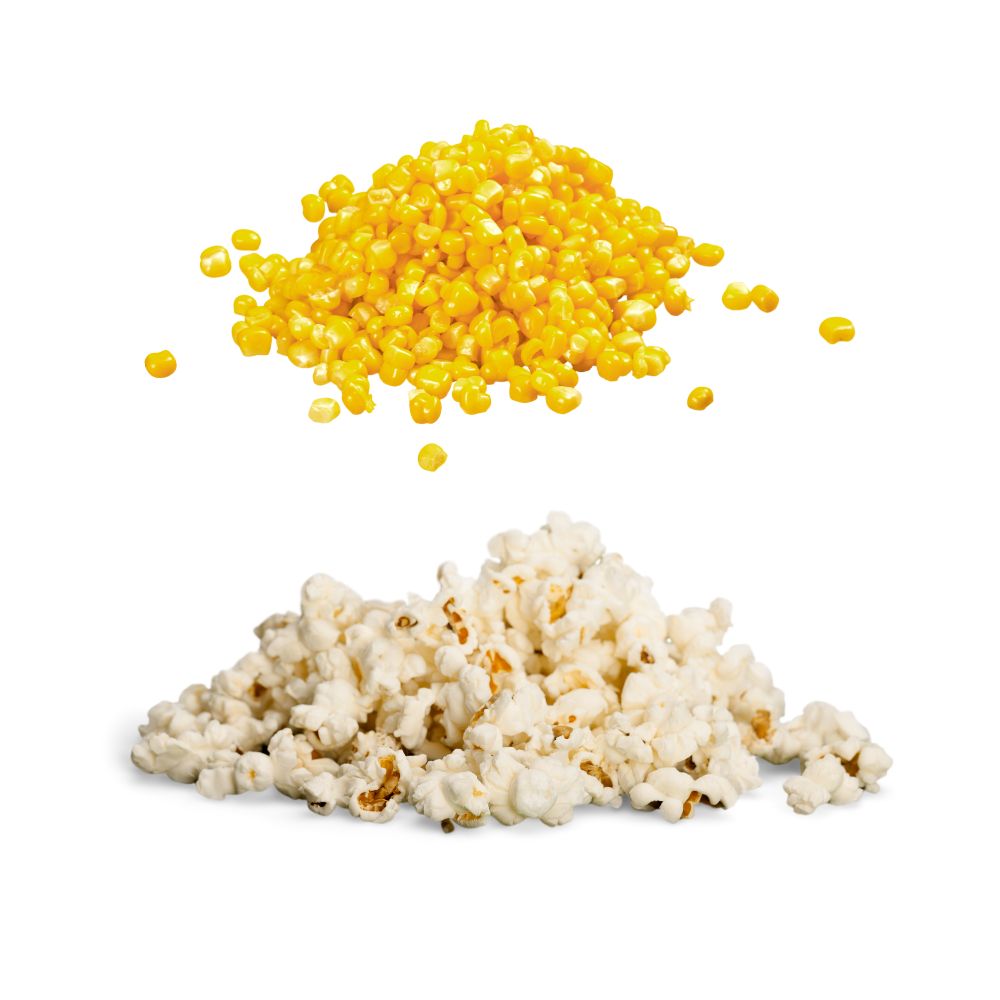
Small and hard. Easily stuck in the throat. Not recommended until your kid is 5 years old.
How to offer them
In the form of Corn on the Cob. You can check our guide on Corn if you want to learn more.
5. Hard Candies
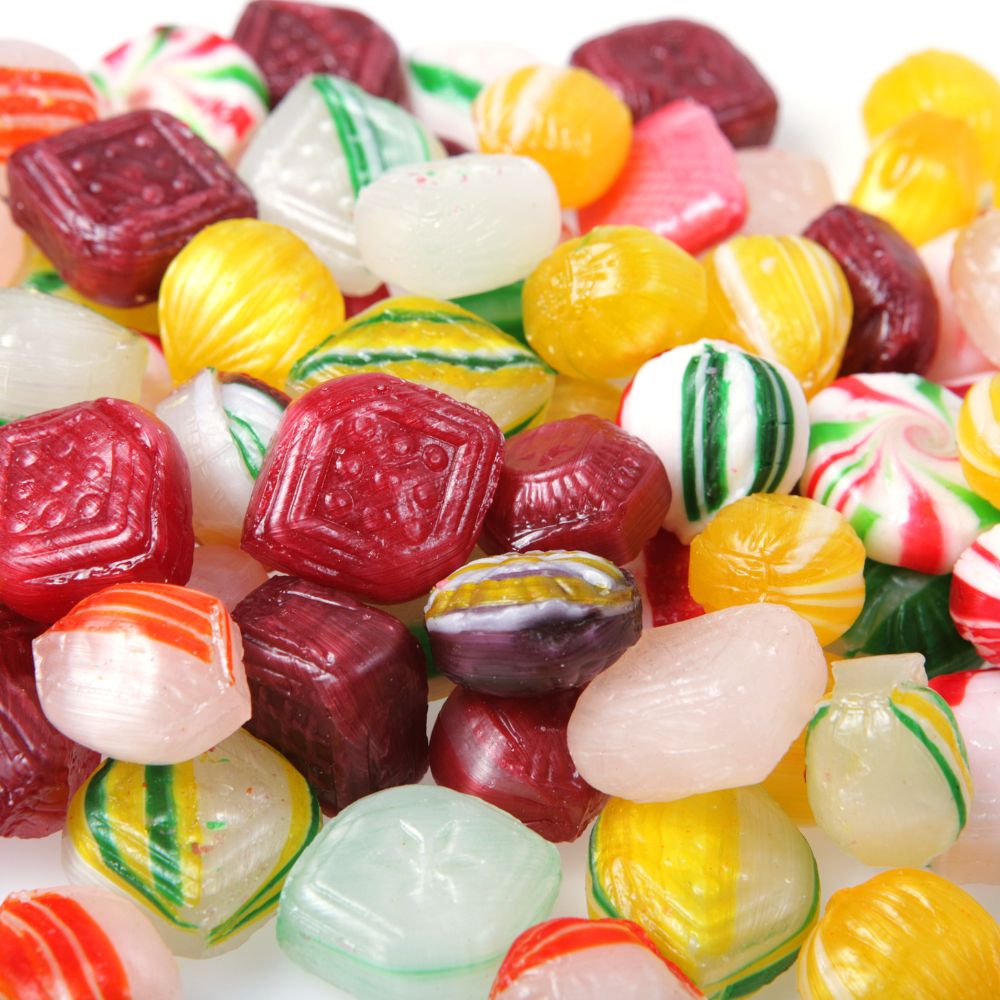
Never offer these before 5 years old. You will save lots of problems, not only in the choking department but also in the picky eaters section.
How to offer them
Just don’t if possible.
Allergens, should you avoid giving them to your baby?
WHO recommends that babies ought to be given allergenic foods from the age of 6 months, after adhering to the instructions for such foods, to reduce the likelihood of an allergy.
Despite the idea that waiting to introduce allergens can ward off the hazard of an allergy, WHO recommends that babies ought to be given allergenic foods from the age of 6 months, after adhering to the instructions for such foods (which involves consuming them for 3 consecutive days without incorporating any other foods).
If you or your partner have any allergies to some foods, for example, eggs, it is critical to take extra precaution when presenting them to your child, as they may have a heightened risk of developing an allergic reaction.
In order to reduce the likelihood of an allergy, it is best to offer the food in the morning at breakfast and avoid giving it in the evening. This way, if any allergy occurs, it is more likely to happen during the day when you are alert and able to act.
Common Allergen list:
Here is a list of the 10 most allergenic foods for babies, according to the World Health Organization (WHO) and other sources:
- Peanuts
- Tree nuts
- Fish
- Shellfish
- Eggs
- Soy
- Wheat
- Milk
- Sesame
- Corn
Why should you avoid Processed and high-sugar foods for your baby?
| Reason for Avoiding | Explanation |
|---|---|
| Nutrient deficiencies | Processed and high sugar foods lack essential nutrients for baby’s growth and development. |
| Weight gain | Can contribute to weight gain, increasing risk of health problems like diabetes and heart disease later in life. |
| Poor eating habits | Early introduction may lead to preference for these foods and poor eating habits later in life. |
| Increased risk of tooth decay | High-sugar diets can harm baby’s developing teeth. |
| Increased risk of allergies | Some babies may be allergic to chemicals and preservatives in processed foods. |
1. Nutrient deficiencies
Processed foods have lots of chemicals and preservatives but little nutrition. Added sweets might potentially cause nutritional deficits. Processed and sugary foods may not supply all the nutrients babies need for growth and development.
2. Weight gain
Processed and high sugar foods can contribute to weight gain in babies. Overweight or obese babies are at higher risk of developing health problems, such as diabetes and heart disease, later in life.
3. Poor eating habits
Introducing processed and high sugar foods to babies at an early age may lead to a preference for these types of foods, which can lead to poor eating habits later in life.
4. Increased risk of tooth decay
Babies’ developing teeth are particularly susceptible to harm from high-sugar diets.
5. Increased risk of allergies
Some babies are allergic to chemicals and preservatives in processed foods.
Why should you avoid highly seasoned or spicy foods for your baby?
| Reason for Avoiding | Explanation |
|---|---|
| Digestive problems | Can irritate baby’s developing digestive system, causing diarrhea, constipation, and stomach pain. |
| Sodium content | Children under two should not eat foods with added salt to prevent health issues like high blood pressure. |
| Poor eating habits | Early exposure to highly seasoned and spicy foods may lead to unhealthy eating habits in the future. |
We refer to dishes that are extensively salted or seasoned as highly seasoned foods.
While it is generally safe to add a tiny bit of mild herbs or spices to your baby’s food, such as thyme, oregano, Provencal herbs, or sweet paprika, it is important to avoid doing so excessively or using mixtures that may contain other ingredients, like salt, that is not advised for babies.
Additionally, it’s crucial to refrain from feeding your infant meals with extra salt since too much salt consumption might result in health issues in young children, such high blood pressure. The American Academy of Pediatrics advises restricting children under the age of two’s use of added salt.
1. Digestive problems
Highly seasoned and spicy foods can irritate a baby’s developing digestive system and cause digestive problems, such as diarrhea, constipation, and stomach pain.
2. Sodium content
Children under two years of age should not eat foods with added salt.
3. Poor eating habits as well
Exposing babies to highly seasoned and spicy foods at a young age may create a preference for these types of flavors, which could potentially lead to unhealthy eating habits in the future.
Resources for identifying common choking hazards and allergens
- American Academy of Pediatrics: The American Academy of Pediatrics (AAP) offers guidelines for introducing solid foods to babies and toddlers, as well as a list of typical choking dangers.
- KidsHealth: The Nemours Foundation, a nonprofit with an emphasis on children’s health, offers the website KidsHealth. It offers details on allergy identification and avoidance, as well as information on food allergies.
- American Academy of Allergy, Asthma, and Immunology: A professional membership organization for allergists and immunologists is called the American Academy of Allergy, Asthma, and Immunology (AAAAI). It offers details on managing food allergies, including a list of common allergens.
Tips for selecting and preparing safe foods for baby
- Choose soft, easy-to-chew foods: When starting BLW, it’s important to choose foods that are soft, easy to chew, and easy to swallow. This includes cooked vegetables, cooked grains, soft fruits, and mashed beans. Avoid giving your baby foods that are hard, crunchy, or have tough skin or seeds, as these can be choking hazards.
- Cut foods into graspable, non-risky, manageable pieces: It’s important to cut foods into graspable pieces to make it easier for your baby to grab, chew and swallow. Avoid giving your baby whole grapes, cherry tomatoes, hot dogs, nuts, or any other food that is small and round, as these can easily get stuck in the throat.
- Steam foods to maintain nutrients: Steaming is a great way to cook foods for babies because it helps to preserve the nutrients and flavors of the food. Steaming also helps to make foods softer and easier for babies to chew and swallow.
You can check out our guide on introducing solid foods if you are interested.
Making informed choices about food for your baby
Why is it important to introduce a variety of foods during Baby led Weaning?
It is important to introduce a variety of foods to babies starting at around 6 months of age for a number of reasons:
1. Nutrient needs
Babies have specific nutrient needs to support their growth and development, and a variety of foods can help ensure that they are getting all of the nutrients they need.
For example, babies need plenty of iron, which is found in foods such as meat, poultry, and beans.
2. Exposure to new flavors
Babies can learn to like a wide range of meals by being exposed to a diversity of flavors and textures during food introduction.
This can be crucial for selective eaters as it may help them expand their taste preferences and lower their chance of developing food issues with food.
3. Development of oral motor skills
Eating a variety of foods can help babies develop their oral motor skills, such as chewing and swallowing, which are important for proper growth and development.
4. Reduced risk of allergies
As we touched on before, some research suggests that introducing a variety of foods, including allergenic foods, to babies early in life may actually reduce the risk of developing allergies.
The role of the parent in guiding a child’s food choices
The role of the parent in guiding a child’s food choices during Baby Led Weaning (BLW) is crucial. As a parent, you are responsible for providing a safe and nutritious environment for your child, and this includes the foods you offer them.
1. Offer a variety of foods
As we’ve already mentioned, providing your child with a balanced diet that includes fruits, vegetables, whole grains, and lean proteins is crucial. They’ll be more likely to obtain the proper nourishment to grow and develop healthily if you do this.
2. Set a good example
Setting a good example by eating a balanced diet in front of your kids is crucial, since they will likely mimic your actions.
This can aid in your child’s development of healthy eating habits and exposure to a variety of foods.
3. Encourage exploration
Allowing your child to try new meals on their own is central to the BLW philosophy.
You should push kids to try new things, but you shouldn’t make them eat something they don’t like.
Conclusion
We hope you found this post on foods to avoid during baby led weaning useful.
While BLW can have several potential benefits, it is important to avoid certain foods that may pose a choking hazard like the ones we outlined at the beginning of this article.
As a parent, your role is to set a good example for your baby when it comes to nutrition.
Having a baby can change the way you eat and help you have a better relationship with food as well.
It happened to us, and we could not be happier.
We’re Maria and Alberto, a married couple and educators who are nutrition enthusiasts. Even before we had kids, we were already crazy about nutrition.
We’d read scientific articles, watch videos from nutritionists, and spend hours listening to nutrition podcasts.
Today, we continue doing this, but in a different way, as we’ve learned to sift through the noise and trends. Nutrition, like any other field of knowledge, the more you read and learn, the more you develop a comprehensive understanding of reality, and that’s what has happened to us.
Before having our first child, we focused on learning everything we could about child nutrition, using the same techniques we had already employed, backed by our extensive knowledge in nutrition.
Our mission is to help other parents with their children’s nutrition, to help them become the best versions of themselves.
If we are what we eat and drink, which is absolutely true, let’s do it right!
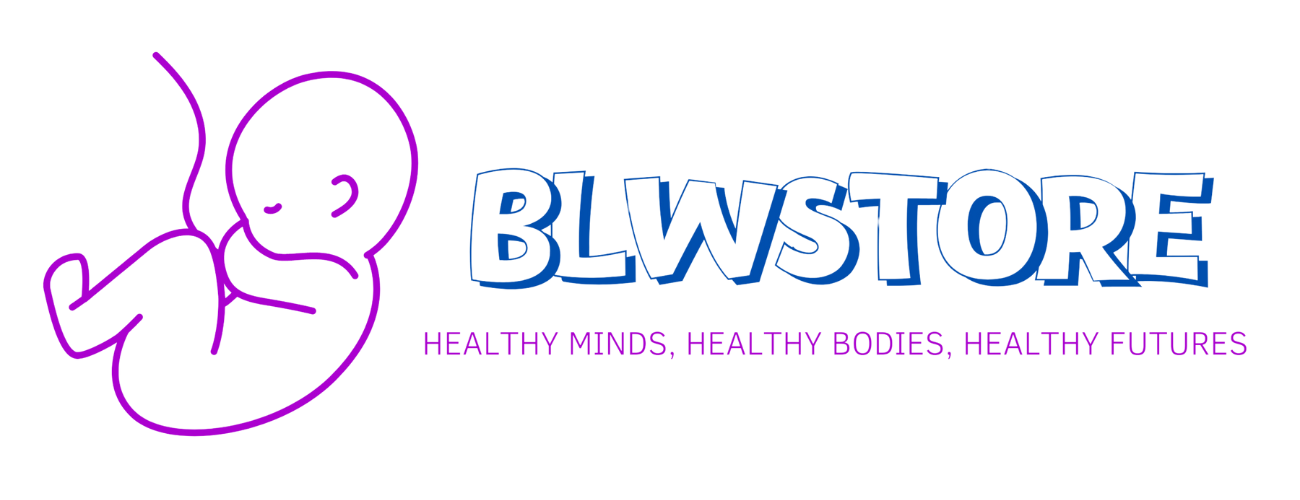

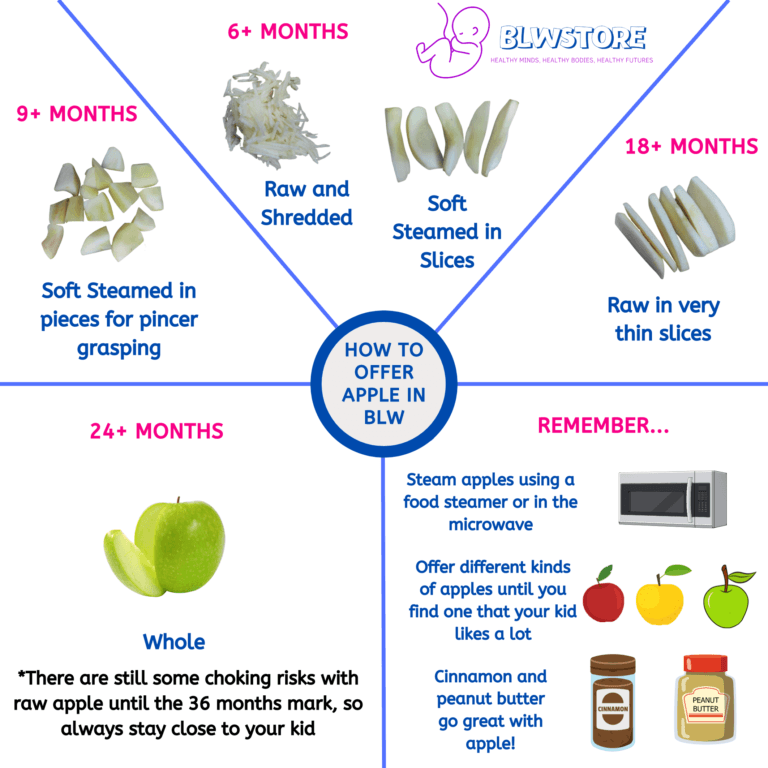
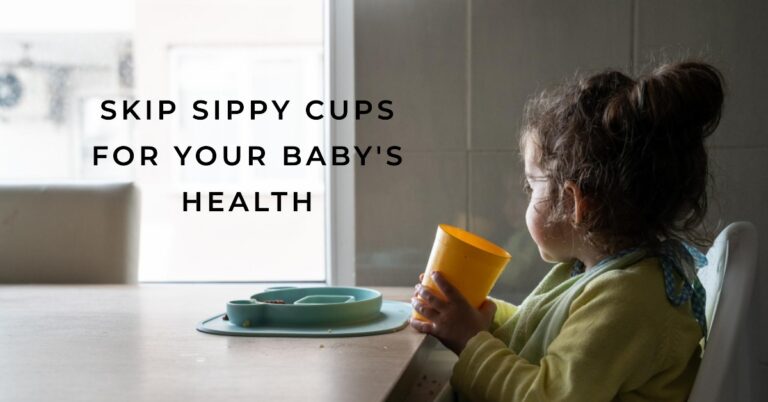
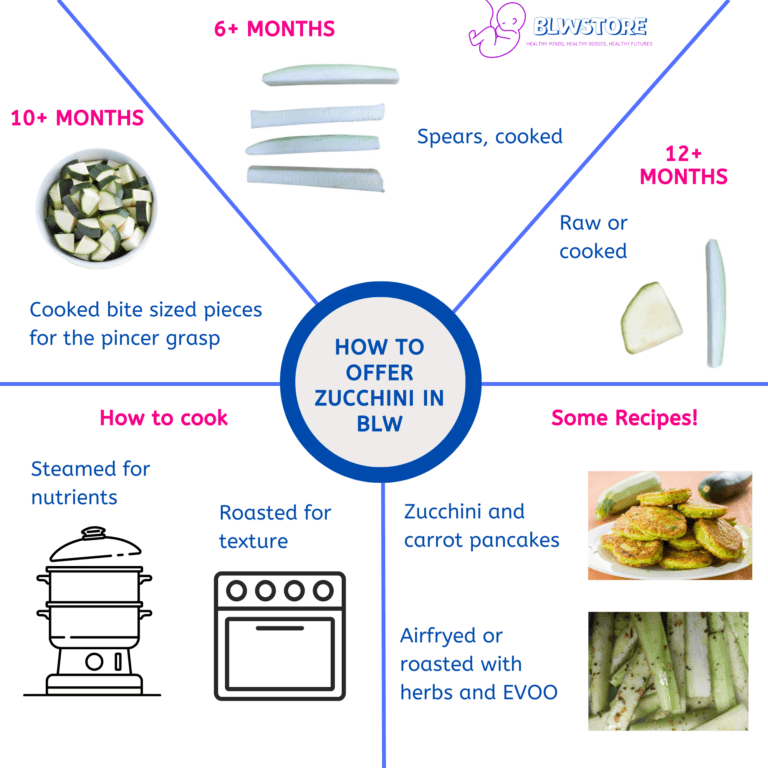
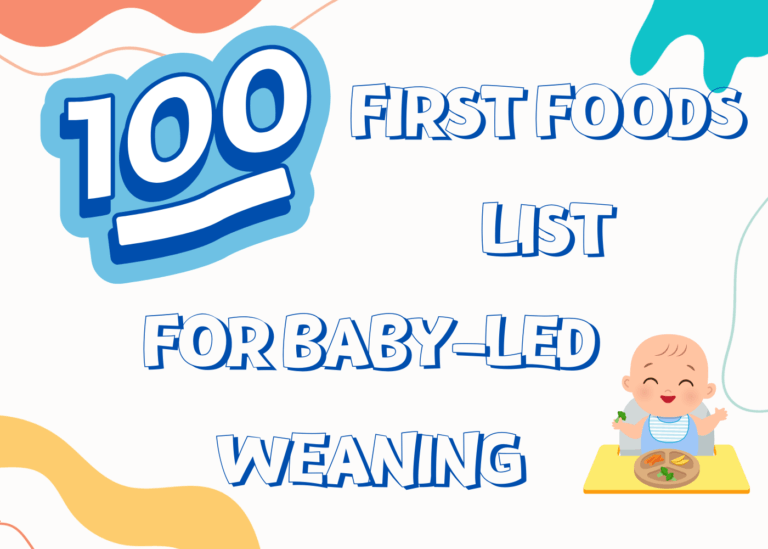
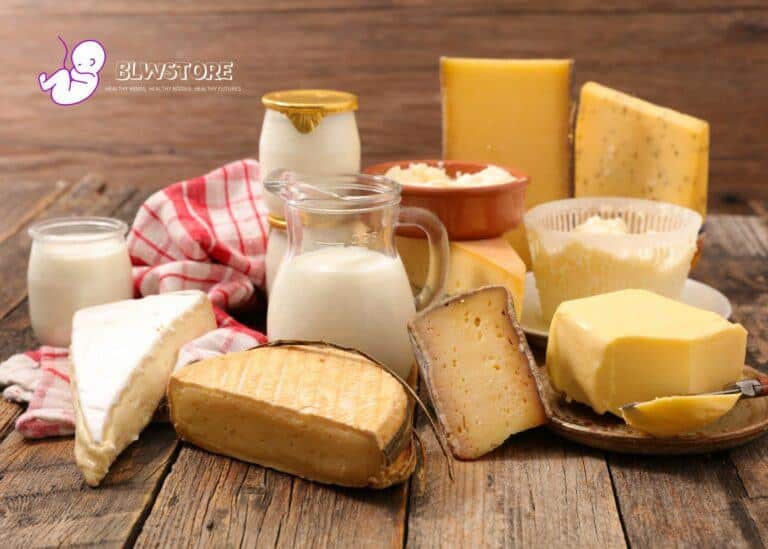

I don’t think the title of your article matches the content lol. Just kidding, mainly because I had some doubts after reading the article.
Thank you for your sharing. I am worried that I lack creative ideas. It is your article that makes me full of hope. Thank you. But, I have a question, can you help me?
Can you be more specific about the content of your article? After reading it, I still have some doubts. Hope you can help me. https://accounts.binance.com/es-MX/register?ref=JHQQKNKN
Thank you for your sharing. I am worried that I lack creative ideas. It is your article that makes me full of hope. Thank you. But, I have a question, can you help me?
I don’t think the title of your article matches the content lol. Just kidding, mainly because I had some doubts after reading the article.
Thank you for your sharing. I am worried that I lack creative ideas. It is your article that makes me full of hope. Thank you. But, I have a question, can you help me?